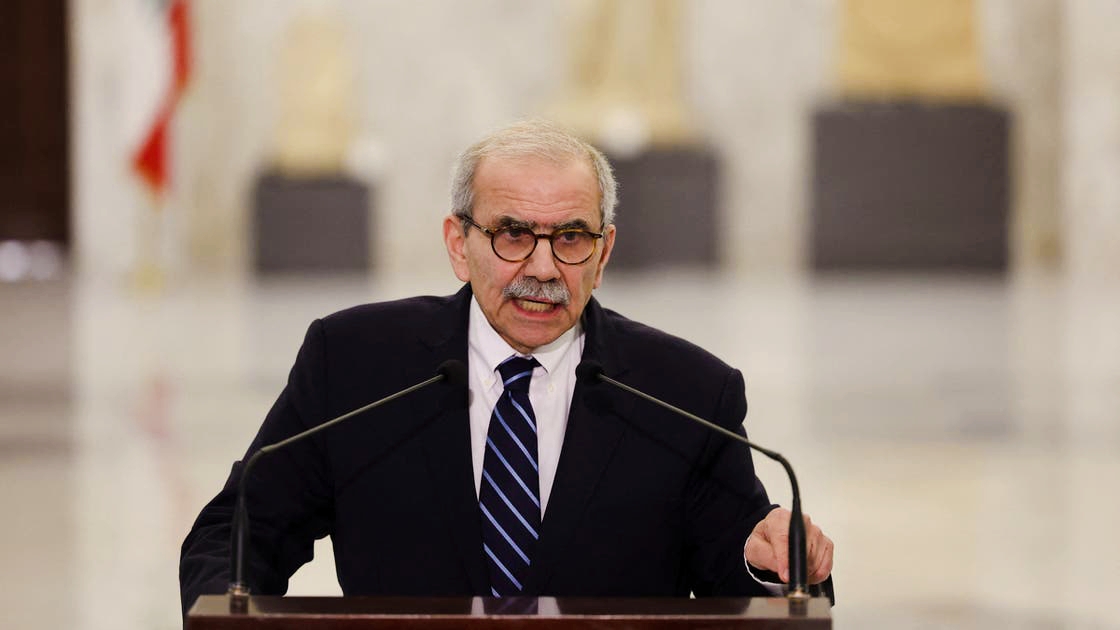Lebanese Prime Minister Nawaf Salam emphasized in a TV interview the importance of protecting Lebanon from being dragged into any new adventure, considering stability in Syria as a key factor in maintaining security in the region.
He affirmed that the Lebanese army and people are the two main pillars for maintaining the country's stability.
Salam explained that US envoy Thomas Burns' paper includes ideas for implementing a ceasefire agreement, indicating that he will soon meet with Speaker of Parliament Nabih Berri to discuss this paper.
He added that the government will hold a cabinet session once the exclusive weapon containment plan is complete, emphasizing that the only entities allowed to carry weapons are the Lebanese security apparatuses.
He pointed out that Burns' paper includes the complete withdrawal of Israeli forces from Lebanese territories, and that the goal is to deliver the weapons to the Lebanese state instead of continuing Israeli airstrikes.
Salam added: "Without Hezbollah's weapons, Lebanon would not have been liberated in 2000, but after that, we missed opportunities to contain the weapons in the hands of the state and arm the army."
This statement came after Hezbollah Secretary-General Naim Qassem announced the rejection of handing over the party's weapons, confirming that their weapons serve as a barrier against Israel.
The United States has called for disarming Hezbollah, but Lebanon has not revealed an official response, while Lebanese President Michel Aoun emphasized the necessity of "containing weapons in the hands of the state" and addressing the issue cautiously and responsibly to preserve civil peace.
Despite a ceasefire agreement since November 2024, Israel continues to carry out airstrikes in southern Lebanon, stating that it will continue to work "to remove any threat" from Hezbollah unless its weapons are disarmed.
The agreement stipulates the withdrawal of Hezbollah from south of the Litani River and dismantling its military structure there, in exchange for strengthening the deployment of the Lebanese army and the United Nations Interim Force in Lebanon (UNIFIL), in addition to the withdrawal of Israeli forces from advanced areas, while some strategic heights demanded by Beirut remain.
The issue of weapons and armament remains one of the fundamental issues facing Lebanon, amid calls for national and international cooperation to maintain the country's stability and safety.

